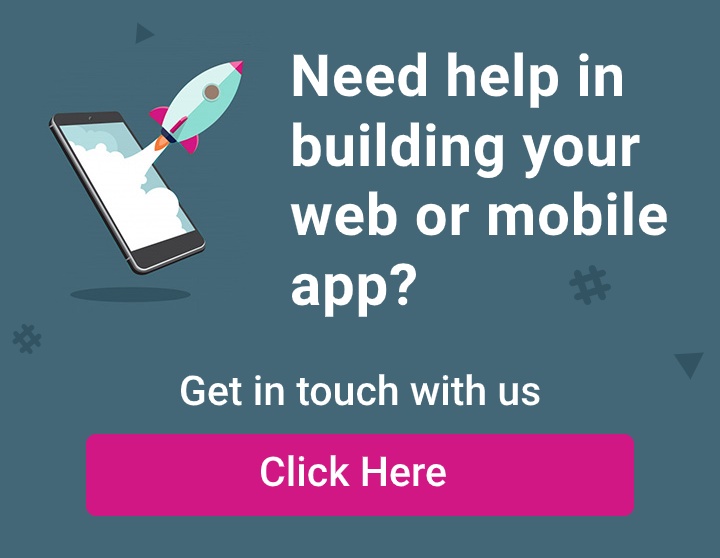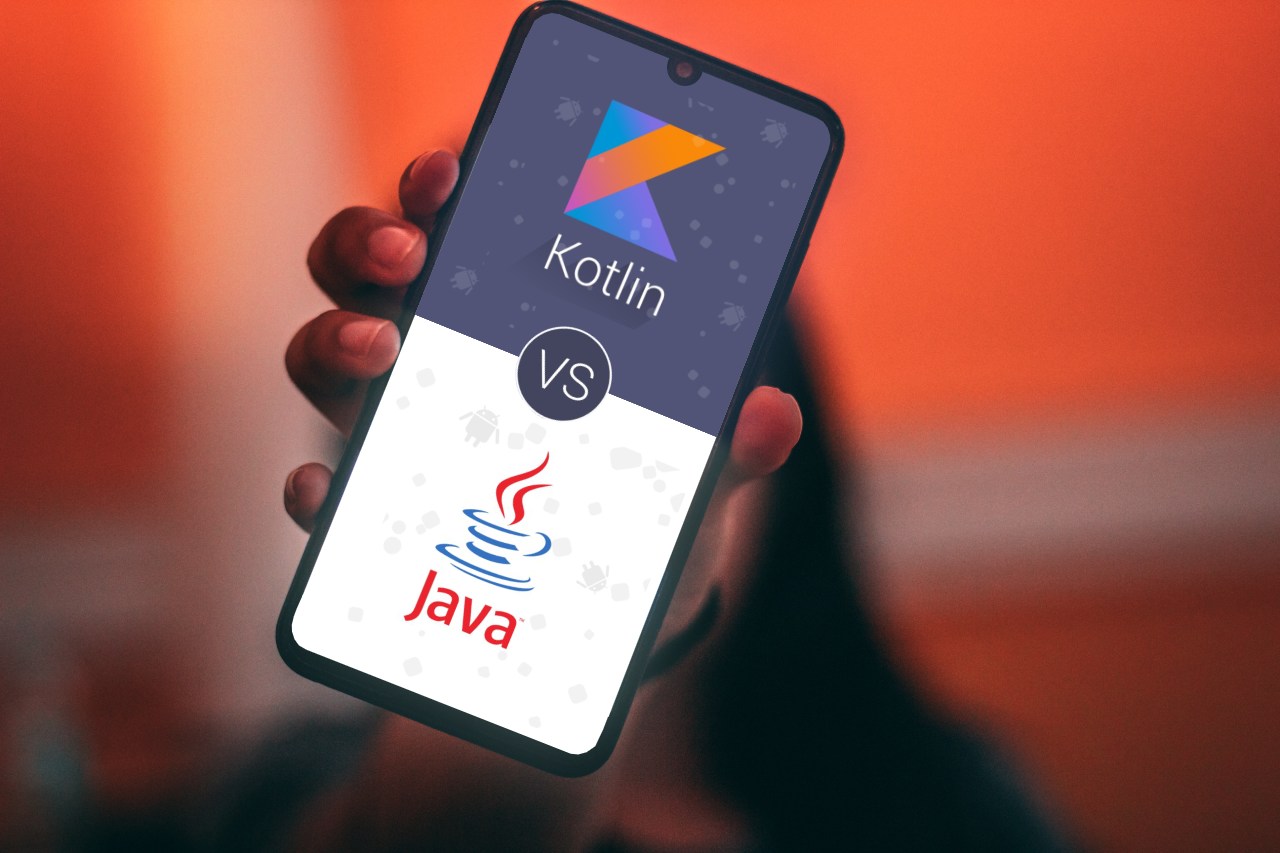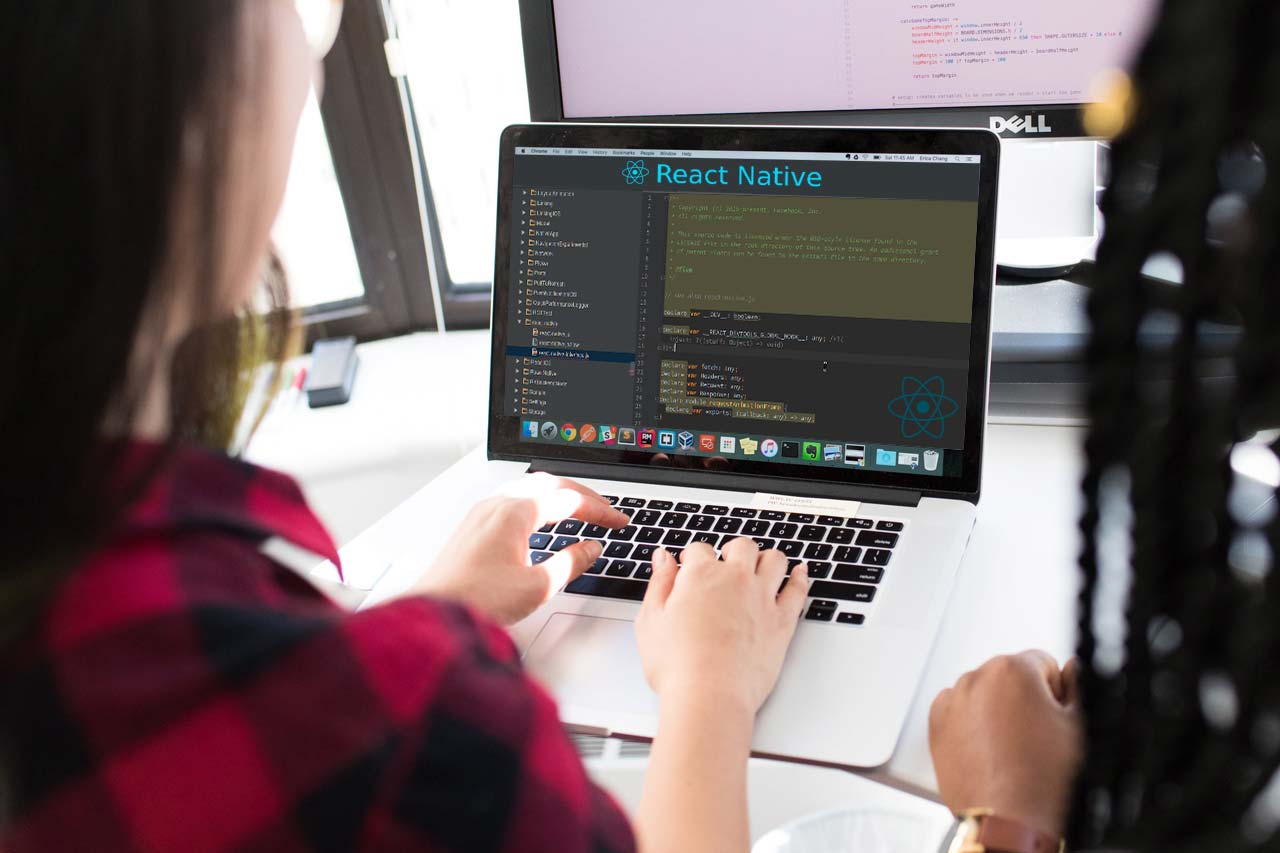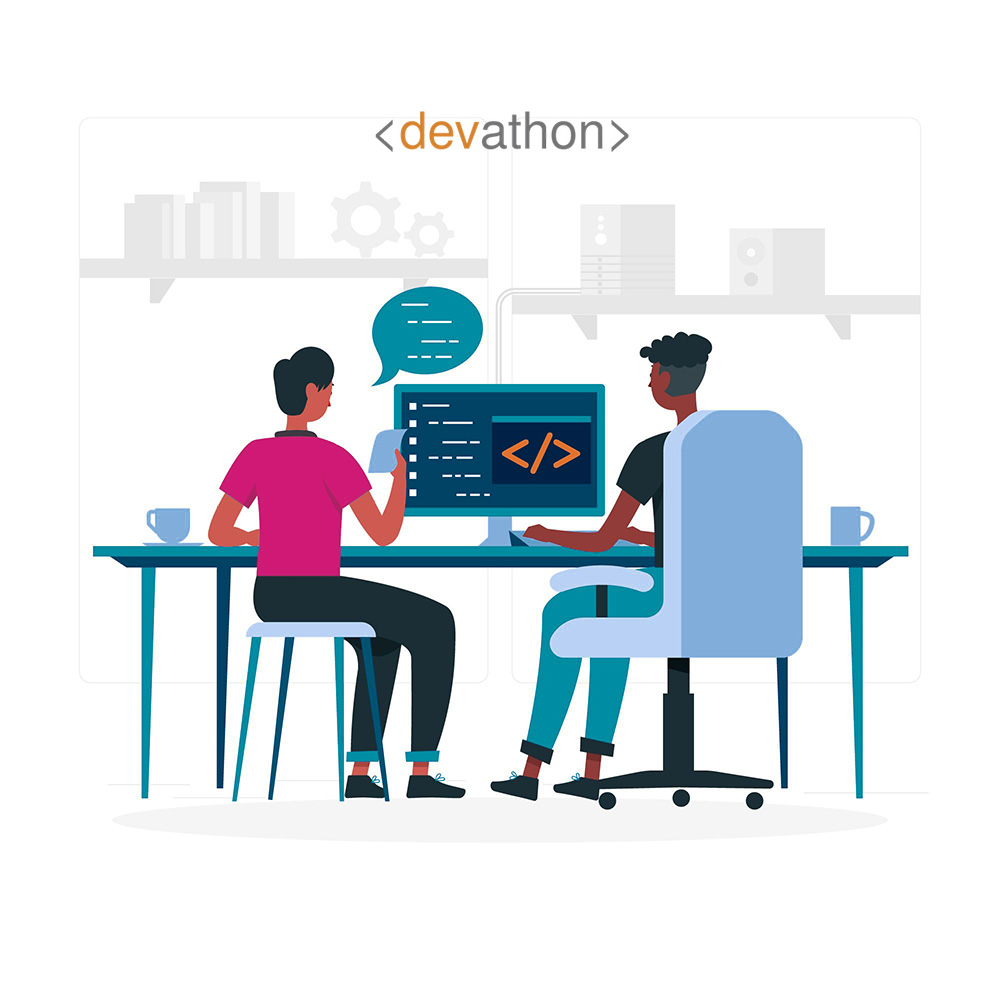How Long Does It Take To Develop An App?
With more of us using smartphones, the popularity of mobile applications has exploded. In the digital era, the number of people looking for products and services online is growing rapidly. Smartphone owners look for mobile applications that give them quick access to companies’ products and services. As a result, mobile apps provide customers with a lot of benefits in just one device.
Likewise, companies use mobile apps to increase customer loyalty and improve their services. Mobile Developers are in high demand as companies use apps not only to create brand awareness but also to gather information. For that reason, mobile apps are used as tools to collect valuable data from customers to help companies improve their offer.
There are many types of mobile applications, each with its own advantages. For example, native apps perform better, while web apps don’t need to be customized for the platform or operating system (OS). Likewise, hybrid apps provide users with comfortable user experience. However, you may be wondering how long it takes to develop an app.
To give you an idea of how long the app development process takes, here’s a short guide.
App Idea & Research

Average time spent: two to five weeks
This is the initial stage and a crucial step in setting the project in the right direction. In this stage, you brainstorm ideas and select the best one. Apart from that, you’ll need to do some research to see if your idea is viable. Remember that coming up with an idea is easy; the hard part is to make it a reality.
All your ideas may seem viable, but you still have to run some tests to keep it as real as possible. For that reason, when Web Developers are building a web app, they analyze the available ideas to see which one is the best match for the targeted audience.
Targeting the right audience is crucial when you are developing an app. It saves time when shaping the app in the right direction as you have a clear set of objectives. Likewise, analyzing how the app affects the market is essential. During the research process, App Developers must gather information about potential competitors and threats. This helps the app owners develop strategies to tackle difficulties that come up after the launch.
The research process can take several weeks, but it determines how successful your app can be. For that reason, you must take your time to know all the weaknesses and strengths of the competitors, possible app strategies, and targeted audience.
The outcomes of this stage are app prototypes and the minimum feasible product.
Planning

Average time spent: four to five weeks.
The second stage of developing an app is planning. This stage involves making decisions regarding the app structure. Once you know everything about your target audience, you must choose the right OS that fits your target’s requirements. Also, you will have to decide between developing a native, hybrid, or web app. Other decisions regarding cross-platform compatibility also have to be made depending on the needs of the potential customer.
To make the app more convenient for users, you should add features. However, adding features has to be done carefully. It’s important to realize that today’s users have higher expectations. At the very least, basic knowledge in UX/UI design is required during this process. Remember that adding too many features decreases the app’s performance; as a result, users won’t have a pleasant experience.
The features you choose will depend on the type of app you are creating. For example, if the app will be used for digital marketing, features like ‘add to cart’ and sharing options should be added.
The planning process can be complicated. For that reason, you will spend about a month or so.
Design & Idea Validation

Average time spent: one to three weeks
During this stage, you put different aspects of the application to the test. The goal is that prospective users validate various elements of your idea. Most businesses use design sprints to understand what their customers like.
For example, when users are allowed to validate an application idea, you can gather information regarding the most used features and how intuitive the app is. This is one of the most important stages as it will help you bring a high-quality app to life.
Development

Average time spent: six weeks
Development is the main stage of the process. In the development stage, the Front End, Back End, and user interface (UI) are built. For that reason, developers and designers need to work together to develop the best app possible. Nowadays, customers pay attention to detail, so a visually appealing UI is essential.
A good appearance will help your app prosper in the market. For that reason, graphic designers should take care of this task. A visually appealing design enhances the user experience (UX) as well.
In the same way, the back end and the front end are vital components of the development process. You can’t build an app without either of these. The front end is what users can see and how the UI will respond to the instructions given. The back end establishes a connection between the UI and the system. As a result, the app functions correctly.
The development process requires several engineering tasks to be completed. For example, back end coding involves data storage, data integration and user management skills. Additionally, front end coding demands wireframing, UI design and UI development skills.
As you can see, this stage requires a lot of teamwork to build a valuable app. If you are working alone, you will need several skills and a couple of weeks more to complete this stage.
Testing

The average time spent: varies from one day to a couple of weeks.
Once the development process is complete, several tests have to be run. Doing these tests help you fix bugs or any other issue with the app. Before launching the app, you must make sure that it is bug-free. Bugs don’t allow the app to function correctly, and, as a result, users won’t want to use it.
If you are not an expert at fixing bugs, Quality Assurance Engineers can help you. These professionals fix bugs and make sure your code meets specific standards. In the same way, companies use Beta and Alpha testing processes to make sure apps are error-free.
After you finish testing and make the necessary changes, move on to the next stage: deployment.
Deployment

Average time spent: up to two weeks
The deployment process can be divided into two sections: submission and review. App stores like Apple’s App Store and Google’s Play Store have guidelines you must follow. For that reason, when you submit an application, there are several requirements you have to meet.
Likewise, after the submission process, your app will be reviewed to see if it meets App Store owners’ standards. As a result, the launch time process will extend a little. Apple has strict quality standards, so the reviewing process is very detailed. By contrast, Google uses sophisticated algorithms that pre-analyze submitted applications, reducing the time it takes to launch the app.
Maintenance

At this point, everything regarding app development has been completed. However, this does not mean your job is over. As an app developer, you must update your application regularly to improve its performance and meet new requirements.
The maintenance process is a long-term job that keeps your app from becoming obsolete. To put it in another way, building an app is like buying a house. You do not spend a fortune on a house and then forget about it. You continue to invest in it by cleaning and upgrading it to meet your future needs.
As long as the app is available, you will have to maintain it. Providing excellent maintenance services allows your app to keep up with the competition and helps you maintain a positive brand image.
Conclusion
Developing an application is not easy, but it has many benefits. The whole developing process before the launch can take from 4 to 6 months, depending on the app’s complexity. Many companies spend up to 10 months on the developing process as they spend more time researching.
Are you looking to get your App built? Contact us at hello@devathon.com or visit our website Devathon to find out how we can breathe life into your vision with beautiful designs, quality development, and continuous testing.







